Jimmy Carter, who served as our 39th President and won the Nobel Peace Prize in 2022 for his selfless work in stumping for human rights, passed away at his home this afternoon at the age of 100. He lived long enough to vote in the last election, but, perhaps mercifully, he didn’t subsist to see the potential destruction of democracy under the First American Fuhrer.
Carter was, for all of his flaws, a fundamentally decent man and, as one friend told me in tears on the phone, “the last selfless President.” And I think that’s a very good assessment. Carter certainly had an ego and was definitely well over his head when attempting to tame stagflation in tandem with the Fed. He also substantially underestimated the learning curve when shifting from Georgia politics to the more complicated brokering required in the Beltway. But better to have a pragmatic optimist like Carter in the White House — a man willing to try things, a man who actually cared about the American people, a man who did not require vast wealth and who even installed solar panels on the White House roof — to set an example for the nation. Better Carter than a megalomaniac like Trump or a duplicitous neoliberal huckster like Clinton.
While many have rightly pointed to Carter’s stunning feats as a diplomat and an indefatigable home builder long after he left Washington, his accomplishments as President, large and small, were considerable. He brokered a deal between Sadat and Rabin at Camp David to begin the first stages of peace in the Middle East. And every President who followed Carter failed to build from this significant negotiation, opting to cave to Israel rather than collect olive branches for international harmony.
Even after he lost the 1980 election, Carter still negotiated the Iran hostage crisis to the bitter end. He was so committed to humanism that he appointed more women, Blacks, and Hispanics to governmental positions than any previous President. And he also established the Department of Education, which liberated the vital need to educate our children from the overstuffed yoke of the Department of Health, Education, and Welfare. This made education — and education alone — a Cabinet-level priority. By doing so, Carter made it possible for untold millions of teens to go to colleges by way of financial aid and he fought discrimination against minority children. (Naturally, the Orange Monster — with great calumny to Carter’s legacy — plans to eliminate this department altogether.)
The plentiful craft beers that you now enjoy at a bar would not have happened, had not Carter signed a bill that removed a fifty year prohibition against homebrewing. If Carter had not done this, there’s a good chance that all of us would still be enduring the hideous swill of Bud and Miller Lite as the only drafts on tap, as opposed to the limitless stouts, IPAs, and flavorful lagers that you can now find across the country. (I gleaned that last fact from Kai Bird’s The Outlier, an excellent book on Carter that I strongly recommend. The book truly helped to advance my thinking on the soft-spoken peanut farmer.)
President Carter was ridiculed for his July 15, 1979 “malaise” speech during an energy crisis, in which Carter urged our nation to curb its selfishness:
The threat is nearly invisible in ordinary ways. It is a crisis of confidence. It is a crisis that strikes at the very heart and soul and spirit of our national will. We can see this crisis in the growing doubt about the meaning of our own lives and in the loss of a unity of purpose for our nation. The erosion of our confidence in the future is threatening to destroy the social and the political fabric of America.
These were not words that Americans wanted to hear, but these were certainly words that they needed to hear. For here we are, forty-five years later, living in a nation in which many feel that their lives lack real direction. Fifty-four days ago, 77 million Americans voted to blow up the bridge for everyone, laying waste to great possibilities and selling this nation out to the plutocrats simply because they couldn’t be bothered to bust out their phones and Google “tariffs” to understand the cold and clinical financial impact of stone-cold sleazebags on their own lives. Carter saw the writing on the wall decades before anybody else did and tried to warn us. But America was too stubborn to change and evolve. So here we are now in a deeply uncertain and very despotic place.
Like John F. Kennedy, Carter was an idealist (as well as a hardcore reader) who believed in possibility, even when he didn’t always comprehend the abstruse scaffolding holding up the three branches of American government. He would often work late hours, valiantly rolling up his sleeves, so eager to know everything that he once read each and every volume of the tax code. Since Carter had been an engineer, he approached his job with a fierce systematic mind. And there was no President following Carter who was this hell-bent on knowing everything. Or trying to know everything. I’d like to think that Carter’s insatiable curiosity was one of the reasons he tried so damned hard to be the best humanist imaginable.
With Carter’s passing, so too passes a long moment in America. It remains uncertain if we can course-correct after the next four volatile and nightmarish years. But perhaps if we study Carter with humble and scrupulous eyes, we might reclaim the hope and the honesty that marked his four years in office.
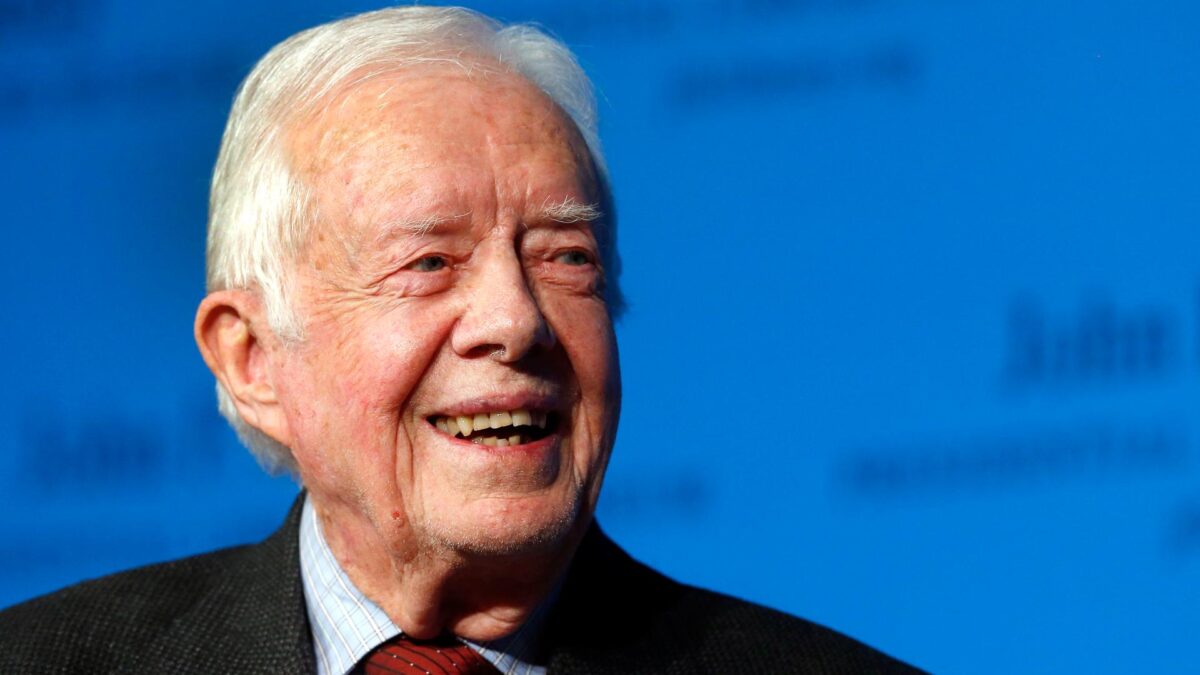
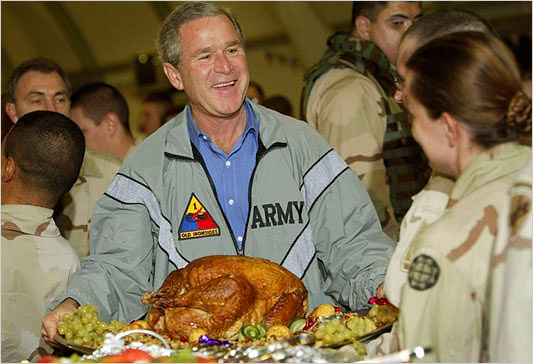
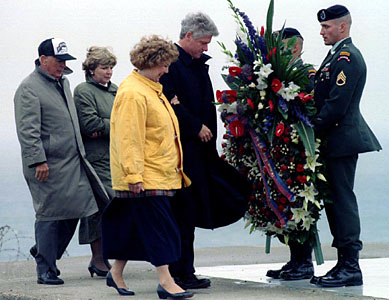 The shop was owned by a quiet, portly and agreeable man with thinning sandy hair, egg-shaped spectacles working wonders accentuating his two thin horizontal slats into an owl-like visage, and a bristling moustache. He was a friendly guy, fond of chatting with the post-teen, pre-college transfer hired help. He outsourced desperate young plebeians like me for low wages to perform mind-numbing tasks that he wouldn’t dare perform himself: in my case, collating thousands of high school newspapers and bland user documentation put out by fledgling startups.
The shop was owned by a quiet, portly and agreeable man with thinning sandy hair, egg-shaped spectacles working wonders accentuating his two thin horizontal slats into an owl-like visage, and a bristling moustache. He was a friendly guy, fond of chatting with the post-teen, pre-college transfer hired help. He outsourced desperate young plebeians like me for low wages to perform mind-numbing tasks that he wouldn’t dare perform himself: in my case, collating thousands of high school newspapers and bland user documentation put out by fledgling startups. 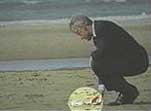 But one day, Limbaugh eventually revealed his colors. On June 6, 1994, Clinton was in Europe to recognize the 50th anniversary of Normandy. And like any President, he staged the predictable photo ops. Clinton gave a speech. He walked lone along the beach of Normandy, preparing a cairn. Hardly surprising. All politicians are forced to embrace artificiality at some point. It’s only the most gifted politician who can make every moment feel natural.
But one day, Limbaugh eventually revealed his colors. On June 6, 1994, Clinton was in Europe to recognize the 50th anniversary of Normandy. And like any President, he staged the predictable photo ops. Clinton gave a speech. He walked lone along the beach of Normandy, preparing a cairn. Hardly surprising. All politicians are forced to embrace artificiality at some point. It’s only the most gifted politician who can make every moment feel natural. 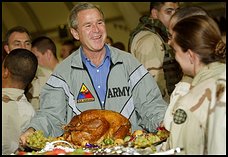 Which makes the recent Washington Post news that
Which makes the recent Washington Post news that